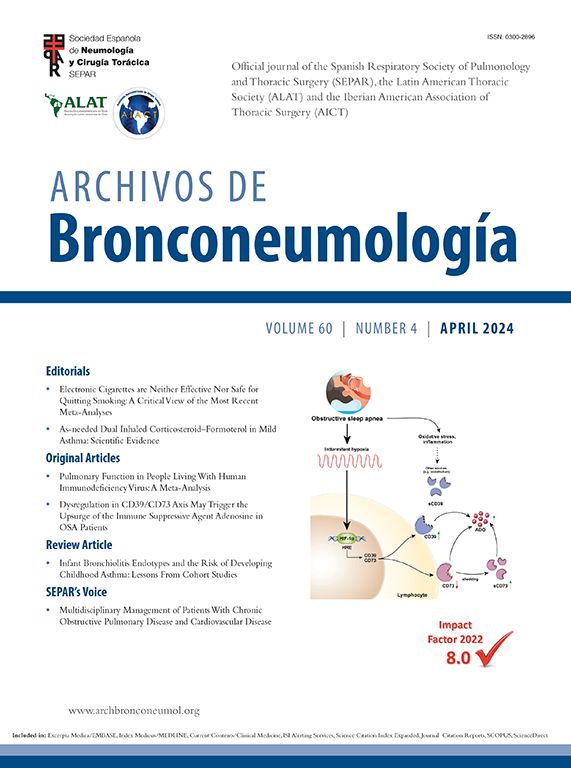La psicología médica ha ayudado a pro-fundizar en el conocimiento y mejor evolución de diversas enfermedades en su mayoría médicas. En el presente traba-jo se pretende profundizar en una afección quirúrgica como el neumotórax espontáneo
ObjetivosEl objetivo de este estudio ha sido comparar la personalidad, la patología afectiva, la ansiedad y el pa-trón de conducta tipo A de un grupo de 34 pacientes con neumotórax espontáneo con un grupo control de 33 pacien-tes hospitalizados por afecciones quirúrgicas menores
Material y métodosSe han aplicado a los sujetos prue-bas objetivas de valoración: Trait Anxiety Inventory, Beck Depression Inventory, Jenkins Activity Inventory, Eysenck Personality Questionary. Los cuestionarios se administraron antes de la intervención quirúrgica y tras una entrevista in-formativa
ResultadosSe han encontrado diferencias estadística-mente significativas entre los grupos en patrón de conducta tipo A, no siendo así en rasgos de personalidad, estado de ánimo y ansiedad
ConclusionesPodemos concluir que para la mejor evolu-ción de los pacientes con neumotórax espontáneo sería necesa-rio reducir sus características del patrón de conducta tipo A
Medical psychology has contributed to a greater understanding of many diseases that are predomi-nantly medical and has also helped to improve prognosis. This study explores a surgical entity, namely spontaneous pneumothorax
ObjectivesThe aim was to compare the personality, de-pression, anxiety and type-A behavior pattern in a group of 34 patients with spontaneous pneumothorax to a group of 33 control patients admitted for a variety of minor surgical pro-cedures
Material and methodsThe following objective assess-ment instruments were used: Trait Anxiety Inventory, Beck Depression Inventory, Jenkins Activity Inventory, Eysenck Personality Questionnaire. The questionnaires were admi-nistered before the intervention of the surgeon and after an informative interview
ResultsThe rate of type-A behavior was statistically dif-ferent in the two groups. No differences were seen for perso-nality, depression or anxiety
ConclusionsWe conclude that type-A behavior patterns should be reduced in patients who suffer spontaneous pneu-mothorax in order to improve outcome











